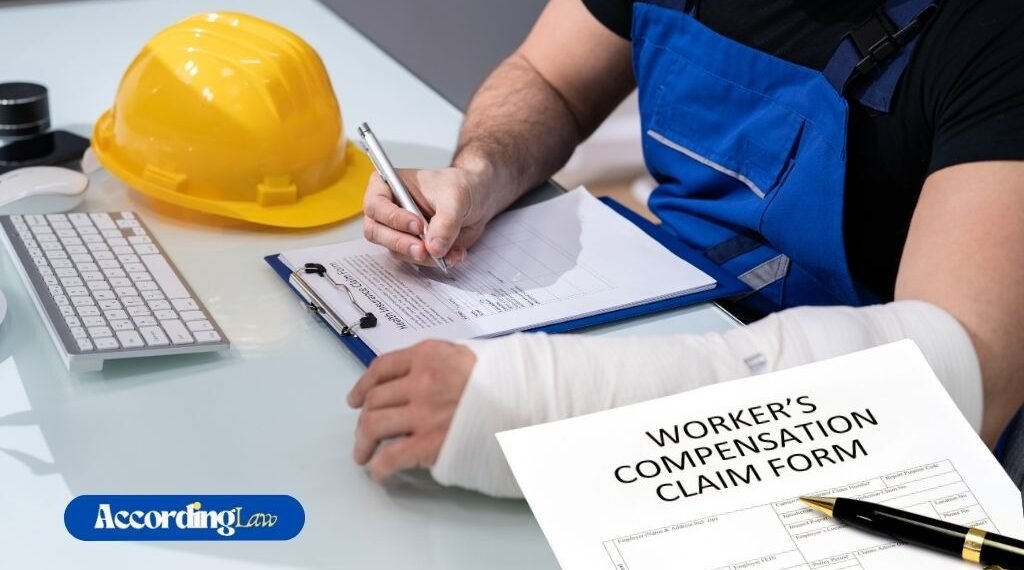Workers consistently sustain injuries at work. While some employers take responsibility and care for their injured workers, some become recalcitrant and devise ways to escape responsibility. However, federal and state laws mandate compensating employees who get injured or die while performing their work roles. This piece explains how the workers’ compensation system works:
Table of Contents
Understanding the No-Fault Workers’ Compensation System
The no-fault system in many US states enables employees to receive compensation for work-related injuries, even if the injury is due to their actions. In other words, the employee deserves compensation benefits if the harm happens during and within the scope of their employment.
For instance, if a carpenter falls from a rooftop due to being distracted by an airplane, they may still be eligible for workers’ compensation, even if the accident wasn’t the employer’s fault.
Unfortunately, most employees do not want to institute a workers’ compensation claim against their employers because they assume they are “suing” the employers. Although you must name your employer in the claim, a workers’ compensation claim is equivalent to an auto insurance claim.
You are not implicating or accusing your employer of any wrongdoing by filing a workers’ compensation claim. Instead, you only imply that you sustained injuries in the course and scope of your work, and, hence, you deserve some compensation benefits.
Essence of Workers’ Compensation Laws
Workers’ compensation laws aim to protect the interests of injured employees, so many state laws are intentionally favorable to workers.
A worker who got injured during the course and in the scope of their work is entitled to medical treatment, lost wages while still out of work, and a settlement amount for inability to use the injured part for a while. However, a workers’ compensation law attorney can demand other benefits based on your specific conditions and injuries.
Process of Making a Workers’ Compensation Claim
There are statutes of limitations for filing a workers’ compensation claim. In California, the deadline for filing workplace injury-related claims is one year from the date of the harm.
That is why you should report your injury to your superior immediately. You should also inform a local workers’ compensation law attorney immediately if it is a complicated situation you cannot handle alone.
Either you or your attorney must file a claim form with the California Workers’ Compensation Commission before the statute of limitations expires.
Typical Reasons for the Denial of Workers’ Compensation Claims
Pre-existing conditions are one of the foremost reasons employers or insurers deny claims in the US. An insurer carrier is likely to deny your claim once they learn you already had harm or treatment on the same body part. Fortunately, California law allows compensation for an aggravation of a pre-existing condition.
Thus, you can demand workers’ compensation benefits if a work-related injury worsens or causes an existing condition in the same body part to resurface. The authorities will mainly consider the duration of the pre-existing condition and the new injury. It is wise to involve a knowledgeable workers’ compensation attorney in such a delicate case.
Fear of Employer Retaliation and Consequences of Claim
Although California is an at-will employment state, your employer cannot terminate you solely because of a work-related injury. However, it may be challenging to return to work or function optimally if your physician confirms you have sustained a permanent injury. Securing an alternative role may also become a hard nut.
“If a permanent injury stops you from returning to your pre-accident status, you should be entitled to permanent disability. In California, you will also be entitled to a supplemental job displacement voucher if you are unable to return to your employer because fo your injuries. ” says workers’ compensation law attorney Scott Silberman from Silberman & Lam LLP.
Possibility of Exploring a Civil Action
There is no straightforward answer to this question. Most states do not allow employees to sue their employers for negligence except in limited contexts. Hence, the only solution for an employee in most cases is to explore the workers’ compensation route.
However, if you work in a factory and sustain an injury through a faulty machine that a distinct firm maintains, you can demand a negligence claim from the concerned company. The negligence claim does not hinder you from holding your employer responsible for workers’ compensation.
Similarly, suppose you sustain an injury during the course and scope of your work in a vehicle crash caused by another motorist. In that case, you can demand compensation from your employer and hold the at-fault driver for negligence.
Final Thoughts
The best way to get your workers’ compensation claim is to report any injury to your supervisor immediately after its occurrence. You must also document all work-related mishaps. The written document can be evidence if your employer wants to deny your claim.
Consult a workers’ compensation law attorney immediately after your work-related accident to maximize your chances of a positive result.


